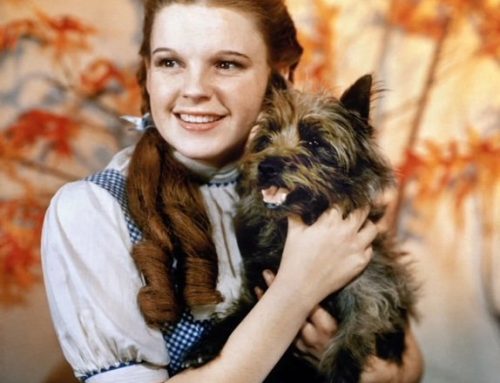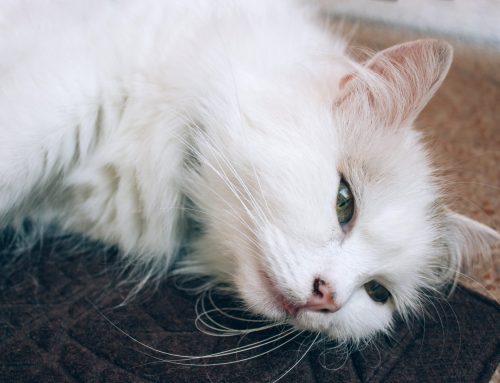Blood in your cat’s urine can be alarming. There are various reasons for blood-tinged urine in cats, and it’s crucial to identify the cause and receive proper treatment.
Cats are prone to urinary tract issues, ranging from infections to the formation of stones in the bladder or kidneys. Felines who have experienced urinary problems in the past are at a higher risk of recurrence. It’s important to pay attention to your cat’s litter box, and behavior.
Blood in a cat’s urine typically has a pink hue, but it may vary in appearance. Some cats may have small drops of bright red urine, blood clots, or even a very dark urine.
Cats may have blood in their urine due to various reasons, with some being mild and others more severe. Here are some of the common causes:
1) Cystitis
Inflammation of the bladder, also known as cystitis, is a common cause of blood-tinged urine in cats. The cause of the inflammation is often unknown, but stress can trigger it. If left untreated, cystitis can cause serious complications. Cat’s can get stressed out easily. Anything from new people working on your house to a new pet can cause your cat stress.
2) Bladder stones
Cats can develop bladder stones due to high mineral diets or concentrated urine. Stones form from crystals that clump together and solidify, leading to pain and irritation in the bladder lining, which can result in blood in the urine. Large stones can also cause urinary blockages, which require immediate medical attention. This is a very painful condition and often you will notice your cat behaving differently or even yelping in pain.
3) Urinary tract infection (UTI)
Urinary tract infections are very common in older cats. They occur when bacteria gain access to the urinary tract. As a result, the bladder becomes inflamed as red and white blood cells move in to fight the infection. This usually manifests with blood-tinged urine and frequent, inappropriate urination. It is a very serious and uncomfortable condition. Uro Cleanse is heavy in D-mannose, a supplement known to prevent UTIs, as well as flush out bad bacteria that has already taken hold in the urinary tract.
4) Blockages
Male cats are more susceptible to urinary blockages due to their narrow urethra. Blood clots, mucus, protein, or crystals can become lodged in the urethra, leading to a partial or complete blockage. This condition can prevent the bladder from emptying, resulting in small drops of blood-tinged urine or none at all. Urinary blockages are considered a severe medical emergency that requires immediate treatment to prevent kidney damage or even death.
Bladder tumors can cause inflammation and subsequent bleeding which can discolor a cat’s urine. Bladder tumors are a serious condition and can potentially lead to urinary obstruction depending on the tumor’s location in the bladder. Additionally, if your cat is being treated for cancer with chemotherapy, that can also cause blood in cat’s urine.
6) Abdominal trauma
7) Genetic condition
Polycystic kidney disease or renal dysplasia are genetic conditions where the kidneys do not form correctly or function properly
With several different reason’s your cat may be urinating blood, it’s important to pay attention to their behavior and production of urine. Suspicion of serious conditions will require a visit to your veterinarian for diagnosis and possibly treatment. Urinary infections can be treated with our Urinary Health Combo.







My oldest cat got almost immediate relief with Uro Cleanse and apple cider vinegar in his water. He had some kidney issues the last few months, but lived to be 22 years and change, and I credit the Vitality Science products we gave him with extending his life span.
Amazing. Thanks so much for sharing!